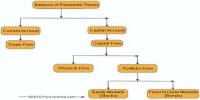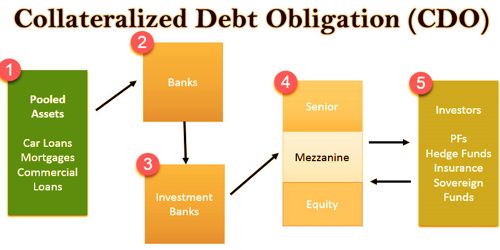A convertible security is an investment that can be changed into another form. It is a security that can be converted into another security. Both investors and companies should understand that market price based convertible security deals can affect the company and possibly lower the value of its securities. The company offers convertible securities which are helpful to the holders in converting their securities into common stock at a discounted price at the conversion time. These securities can be bonds or preferred stocks that pay regular interest and can be converted into shares of common stock
The most common convertible securities are convertible bonds and convertible preferred stock, which can be converted into common stock. These securities may be convertible bonds or preferred stocks that pay regular interest and can be converted into shares of common stock. Other convertible securities include asset-linked bonds, asset-linked notes, and bonds with asset warrants. Although a bond with an asset warrant is a type of convertible security, regular warrants are not. A regular warrant provides an equity option, where the holder may opt to buy newly issued shares at a determined exercise price and date. The more shares issued at the time of conversion indicate the higher dilution to the shareholders’ dilution. Equity capital notes are similar to warrants, except that there is no exercise price. The value of the conversion feature of a convertible security is similar to the value of a stock’s call option. Any owner can easily convert their convertible securities to a different form if they consider a specific financial instrument to be risky in the prevalent market situation.
Types – Types of convertible securities in the market are:
- Convertible bond
- Reverse convertible bond
- Convertible preferred stock
- Asset-linked bond
- Asset-linked note
- Bond with asset warrant
Generally, the convertible securities are issued by companies with the aim of raising money. Convertible securities usually have a lower payout than comparable securities that do not have the conversion feature. Investors are willing to accept the lower payout due to the potential profit from sharing in the appreciation of a company’s common stock through the conversion feature. Companies having access to conformist methods of raising funds, like public offerings and bank financings, might proffer convertible securities for specific business reasons. Moreover, convertible security pays a sporadic fixed amount of money as a preferred dividend or a coupon payment and indicates the price at which it is convertible into common stock. Furthermore, these securities also help in enhancing the outreach of a company with a direct positive impact on their market reputation.
















